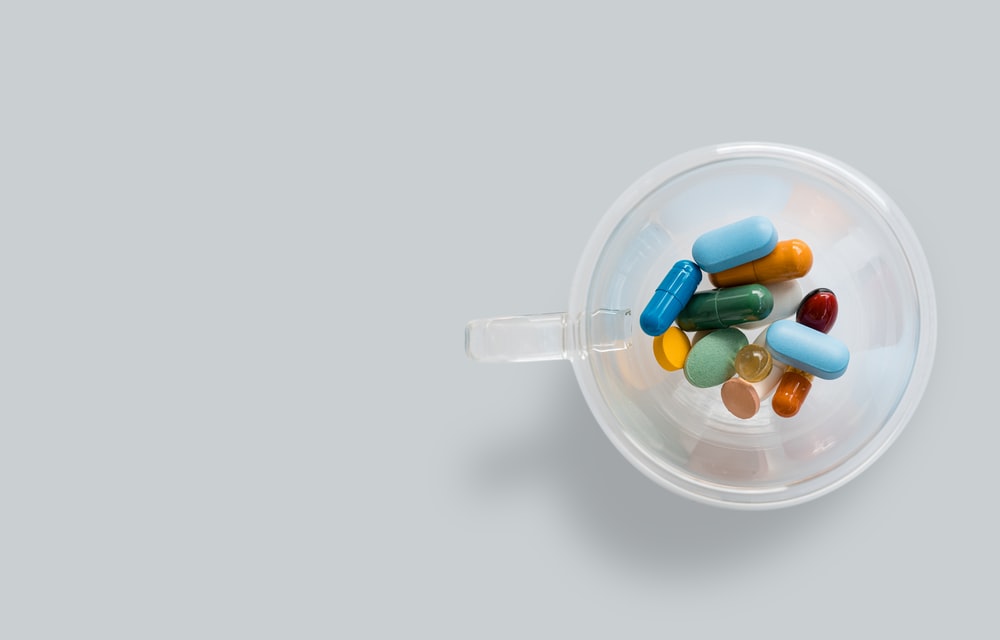Everything You Should Know About Pain Relievers
It’s no secret that the pain relievers we use to take care of our aches and pains are an essential part of our daily lives. You might be wondering what exactly is in these pills, how they work, and which one you should be taking. This blog will go through everything you need to know about pain relievers.
What are pain relievers?
Pain relievers, or analgesics, are medications used to relieve moderate to severe pain. A doctor can prescribe them in the form of tablets, capsules, suspensions (an emulsion where solid particles are dispersed throughout a liquid), syrups, or suppositories depending on what you need it for.
How do they work?
Different types of pain relievers affect our body in various ways to help ease the pain. For example, some medications containing opioids attach themselves to specialized proteins (opioid receptors) that are found in certain areas of the brain and spinal cord. This can reduce both the perception of pain and our emotional response to it. In the case of non-opioid pain relievers, such as acetaminophen or NSAIDs, they have a different mechanism of action, reducing the perception of pain by interacting with the chemicals in our brains that are responsible for sending signals related to sensation and emotion.
What do you use them for?
There are many different types of pain reliever, and each is used for a specific kind of pain. Some common types are:
Acetaminophen: Used to treat mild-to-moderate pain, such as headaches, muscle aches, toothaches, menstrual cramps
NSAIDs: Ibuprofen (Advil, Motrin), naproxen sodium (Aleve), celecoxib (Celebrex) is used to treat pain, inflammation, and fever
Opioids: Hydrocodone (Vicodin), oxycodone (OxyContin, Percocet), morphine sulfate (Avinza, Kadian, MS Contin), codeine
What are the side effects?
Like any medication, pain relievers have the potential to cause side effects. Some of the most common side effects include:
- Dizziness
- Drowsiness
- Headache
- Nausea
- Vomiting
- Constipation
- Diarrhea
- Heartburn
- Dry mouth
Please note that you should never drink alcohol while taking pain relievers! This increases the effects of both medications, leading to serious health problems. Some people are more sensitive to certain types of pain relievers than others. It is essential to read the label on your medication and talk to your doctor if you are experiencing any side effects.
Which one should I take?
It is essential to talk to your doctor before taking any pain reliever. They will be able to recommend the best one for your specific needs. There is no one “best” pain reliever, as each person responds differently to medications, and some types of pain relievers can be more harmful than others.
To avoid any serious complications, follow the instructions on your package and always take the correct dose at the right times. You should never exceed dosage or frequency without consulting a doctor.
How do I store them?
Pain reliever should always be stored in a cool, dry place. Do not store them in the bathroom, as the humidity and heat can cause them to lose their potency. Keep them out of reach of children and pets.
How long do they take to work?
Every type of pain reliever works differently depending on how it interacts with our brain and body chemistry. In general, most types of pain reliever work within 30 to 90 minutes of taking them. The effect can last up to many hours.

Advocate My Meds offers full-service prescription assistancealong with financial assistance to fill prescriptions. Our facility covers medications for asthma, drug assistance, mental disabilities, and much more. Get in touch with us for more details.







